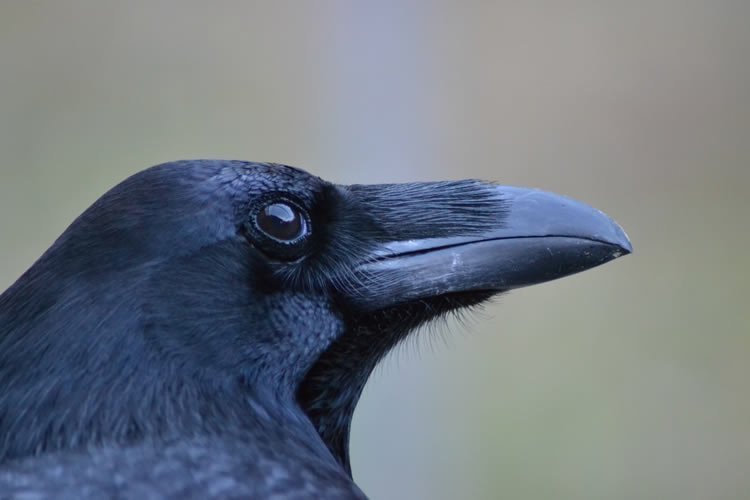The second economy - PARC blog
Geege Schuman stashed this in Economics
Stashed in: Interconnectedness!, Economics!, science, Singularity!, The World, Intelligence, The Singularity
Editor’s note: This article was originally published in the October 2011 issue of McKinsey Quarterly; you can download the PDF here and see that article’s comments here (registration required). The author originally spoke about this topic in the PARC Forum invited expert speaker series – you can watch that video online here (a longtime visiting researcher at PARC, he acknowledges influences from some of the research and technology trends in play here)…
Digitization is creating a second economy that’s vast, automatic, and invisible— thereby bringing the biggest change since the Industrial Revolution.
A neural system for the economy
<Recall that in the digital conversations I was describing, something that occurs in the physical economy is sensed by the second economy – which then gives back an appropriate response. A truck passes its load through an RFID sensor or you check in at the airport, a lot of recomputation takes place, and appropriate physical actions are triggered.
There’s a parallel in this with how biologists think of intelligence. I’m not talking about human intelligence or anything that would qualify as conscious intelligence. Biologists tell us that an organism is intelligent if it senses something, changes its internal state, and reacts appropriately. If you put an E. coli bacterium into an uneven concentration of glucose, it does the appropriate thing by swimming toward where the glucose is more concentrated. Biologists would call this intelligent behavior. The bacterium senses something, “computes” something (although we may not know exactly how), and returns an appropriate response.
No brain need be involved. A primitive jellyfish doesn’t have a central nervous system or brain. What it has is a kind of neural layer or nerve net that lets it sense and react appropriately. I’m arguing that all these aspen roots – this vast global digital network that is sensing, “computing”, and reacting appropriately – are starting to constitute a neural layer for the economy. The second economy constitutes a neural layer for the physical economy. Just what sort of change is this qualitatively?
Think of it this way. With the coming of the Industrial Revolution – roughly from the 1760s, when Watt’s steam engine appeared, through around 1850 and beyond – the economy developed a muscular system in the form of machine power. Now it is developing a neural system. This may sound grandiose, but actually I think the metaphor is valid. Around 1990, computers started seriously to talk to each other, and all these connections started to happen. The individual machines — servers — are like neurons, and the axons and synapses are the communication pathways and linkages that enable them to be in conversation with each other and to take appropriate action.
Is this the biggest change since the Industrial Revolution? Well, without sticking my neck out too much, I believe so. In fact, I think it may well be the biggest change ever in the economy. It is a deep qualitative change that is bringing intelligent, automatic response to the economy. There’s no upper limit to this, no place where it has to end. Now, I’m not interested in science fiction, or predicting the singularity, or talking about cyborgs. None of that interests me. What I am saying is that it would be easy to underestimate the degree to which this is going to make a difference.
I think that for the rest of this century, barring wars and pestilence, a lot of the story will be the building out of this second economy, an unseen underground economy that basically is giving us intelligent reactions to what we do above the ground. For example, if I’m driving in Los Angeles in 15 years’ time, likely it’ll be a driverless car in a flow of traffic where my car’s in a conversation with the cars around it that are in conversation with general traffic and with my car. The second economy is creating for us – slowly, quietly, and steadily – a different world.>
I like the metaphor that first the world developed its muscles, and now it's developing a brain.
The global hive mind is starting to self-organize, isn't it?












1:00 PM Jun 30 2013